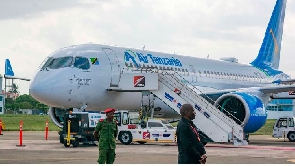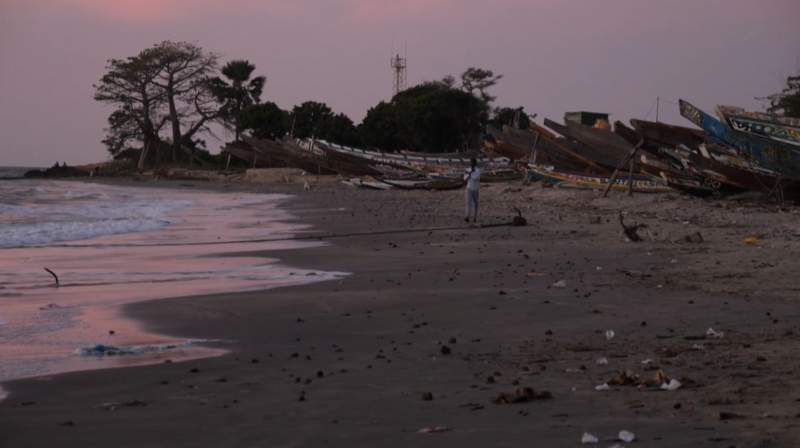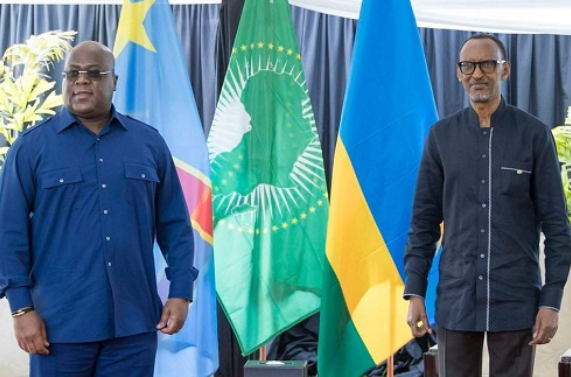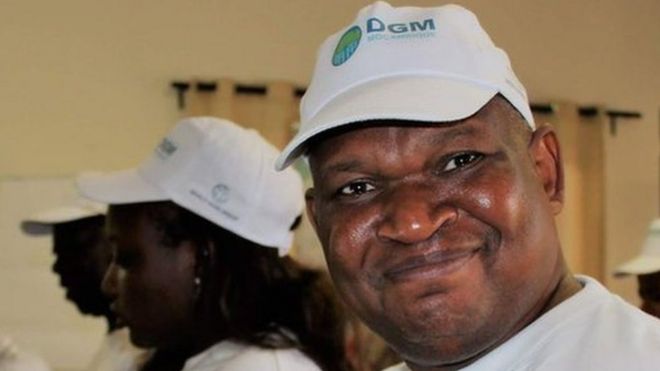Air Tanzania plane seized in the Netherlands

Air Tanzania Company Limited plane has been seized in the Netherlands after a Swedish firm won a $165 million award against Tanzania due to revoked land title in the Bagamoyo sugar project.
It is still not clear exactly which aircraft on ATCL’s fleet has been seized and under what circumstances.
However, on Wednesday, the government dispelled fears of the possible attachment of an ATCL plane by a Dutch court, with the Attorney General saying everything was under control.
Dr Eliezer Feleshi confirmed to The Citizen that a Swedish firm that won a $165 million award against Tanzania had persuaded the court to uphold the attachment of the aircraft despite the International Centre for Settlement of Investment Disputes (ICSID) having issued a stay of execution, pending annulment proceedings.
It’s true that they went to court in the Netherlands after we had successfully appealed to the ICSID for a stay of execution.
Everything is under control,” he said.
Dr Feleshi added that the government had already appealed against the Dutch court’s decision, but declined to offer further details.
“I can’t disclose further details…let’s be patient as the matter is in court.”
Tanzania has argued that the attachment is unlawful because it was obtained a day after the State had petitioned the ICSID to annul EcoDevelopment’s award.
But the judge reasoned that the ICSID’s provisional stay of execution of the award only took effect on the date the institution registered the state’s annulment request.
The Swedish company is using the legal firm Houthoff in the Dutch courts, and Mannheimer Swartling in the ICSID proceedings.
Tanzania on the other hand has turned to Buren Legal for the attachment proceedings, but has not appointed an external counsel in the arbitration or annulment proceedings.
EcoDevelopment, which is owned by 18 Swedish nationals, brought its ICSID claim in 2017 under the Sweden-Tanzania bilateral investment treaty.
That came after the government decided to unilaterally revoke the land title for a multi-billion sugar project in Bagamoyo.
The case commenced at the ICSID, a World Bank organ based in Washington.
The land revocation was a major blow to the Swedish company, which had for over ten years worked to develop the project and invested $52 million in a ready-to-go project for local production of sugar, renewable electricity, and fuel.
The consortium of EcoEnergy Africa AB of Sweden and Uttam Group of India was to inject $100 million into the project as its own equity.
The remaining funding $250 million would have been a combination of DFI and commercial bank lending, where a commitment was given by the African Development Bank (AfDB) to act as a lead financing arranger. The AfDB board had already made a decision to allocate $100 million towards the project.
However, AfDB later withdrew their financing commitment due to the government’s failure to respond to its requests of endorsing the Bagamoyo project and information it had revoked the land title.
The integrated sugar project that was to be carried out by the firm would have been one of the largest private agriculture investments in East Africa, with an overall investment of about $500 million, including an outgrowers programme.
It was estimated that the Bagamoyo project would have created 20,000 direct and indirect jobs in the processing facility, the estate, logistics and the outgrowers programme.
Although the legal redress sought by the investor was okayed by ICSID, the aggrieved party went further, and persuaded a Dutch court to uphold the attachment of an aircraft that was grounded in the Netherlands due to engine problems.
According to media reports, Tanzania argued that the attachment was unlawful as it was obtained a day after the government had applied to ICSID to annul EcoDevelopment’s award.
The government therefore applied to the Limburg court to lift the attachment and prohibit EcoDevelopment from seeking any further attachment based on the ICSID award while the annulment proceedings are pending.
The government has since argued that the effect of the automatic stay granted by ICSID was that the award was not provisionally enforceable, and that the attachment was thus granted unlawfully and that the Dutch courts were bound to recognise the ICSID stay decision as binding.
CLICK HERE TO DOWNLOAD PRESS RADIO MOBILE APP
Further the government argued that the attachment had affected its interests in a disproportionate way, and that as a national government it had sufficient assets within and outside its territory to ensure the award would be paid.
Source: thecitizen.co.tz







